Iran to decisively punish terrorists behind murder of IRGC member: Judiciary spox
The spokesman for Iran’s Judiciary says the country will decisively take revenge on those terrorists who assassinated a member of the Islamic Revolution Guards Corps (IRGC) in Tehran, stressing that the Islamic Republic will never retreat from its ideals.
“Once again, the sworn enemies of Iran’s Islamic establishment have revealed their evil nature, Massoud Setayeshi told reporters on Tuesday, stressing that the Islamic Republic will punish the terrorists behind the assassination with “determination” and “accuracy.”
He, however, added that it is necessary to adopt measures to prevent a recurrence of such bitter incidents in the future.
Addressing the “fake” defenders of human rights, he said, “I have a message for these people and all those who claim to be fighting terrorism, and that is the perpetrators will be punished.”
He said the Islamic Republic had suffered from such crimes for four decades, adding, “The inwardly blind make attempts to block the movement of the [Iranian] establishment and people forward, but they should know that we will not surrender.”
The attack on Colonel Hassan Sayyad Khodaei, which claimed his life, happened in Tehran at around 4 p.m. local time (1130 GMT) on Sunday when two motorcyclists shot him five times while he was in his car, and fled the scene.
In a statement issued soon after the assassination, the IRGC said the assassination was carried out by “counterrevolutionary elements,” adding that necessary measures have been taken to identify and arrest the assailant or assailants.
A funeral procession was held in Tehran on Tuesday to pay tribute to the former IRGC member in the presence of a crowd of people along with state and military officials.
Jalali’s death sentence to be carried out in due time
Elsewhere in his remarks, Setayeshi ruled out any prisoner exchange in the cases of Ahmad Reza Jalali and Hamid Nouri, two individuals imprisoned in Iran and Sweden respectively, saying an investigation into Jalali’s charges has been completed and the death sentence handed down to him would be carried out in due time.
He said although Jalali is kept in solitary confinement, his condition meets all human rights principles, contrary to the case of Nouri, whose health has been deteriorating behind bars.
Nouri’s imprisonment was politically motivated and took place under the influence of the anti-Iran terrorist group Mujahedin-e-Khalq Organization (MKO), he said.
The spokesman said Nouri had been denied the right to access a lawyer and had not been able to contact his family for the past 20 days.
Nouri was arrested upon arrival in Sweden at Stockholm Airport in November 2019 and was immediately imprisoned. He has been held in solitary confinement for over two years.
According to the latest reports, the judicial officials in Sweden have changed his cell, but his conditions have not improved and he is still kept in a solitary cell despite grave concerns about his health.
Jalali, a resident of Sweden, was arrested in 2016 while visiting Iran. Based on his confession, he was convicted of spying for Mossad and complicity in the assassination of Iranian scientists.
Iran’s Supreme Court upheld his death sentence in December 2017.
In late February 2018, Stockholm confirmed that Jalali had been granted Swedish citizenship.
‘Detention of Iranian diplomat in Belgium runs counter to intl. law’
The judiciary spokesman further pointed to the situation surrounding the imprisonment of Iranian diplomat Assadollah Assadi in Belgium on false terror-related charges and said his arrest and prosecution process as well as the verdict issued in his case were unlawful.
The detention of a diplomat of the Islamic Republic is against international law, Setayeshi added.
He slammed Assadi’s “unfair” trial in Germany and Belgium, saying he is denied the most basic rights, just like Nouri.
“We will actively use our legal and diplomatic capacities for the release of Assadollah Assadi,” the judiciary official said.
In June 2018, Belgian authorities said that the Belgian police had intercepted a car carrying homemade explosives and a detonation device, claiming that Assadollah Assadi had handed the materials to two people in Belgium earlier. Assadi, himself, was apprehended in Germany the next day and told that he could not apply his diplomatic immunity.
A Belgian court then sentenced the diplomat, who serves as the third counselor at Iran's Embassy in Vienna, to 20 years in prison after accusing him of plotting an alleged attack against the MKO.
Iran says the process of detention and trial of Assadi has been flawed and in violation of the 1961 Vienna Convention on Diplomatic Relations.
Hamas: Israel escalating ceasefire violations in Gaza
Venezuela's government declares unwavering unity behind Maduro
VIDEO | Global outcry over Venezuela president abduction
Iran keeps wheat import subsidies despite cutting other food supports
Venezuelan military stands with acting president after US kidnapping of Maduro
VIDEO | Press TV's news headlines
VIDEO | Protesters in Toronto slam US kidnapping of Venezuelan president
Israeli troops detain, intimidate Palestinian toddler in West Bank


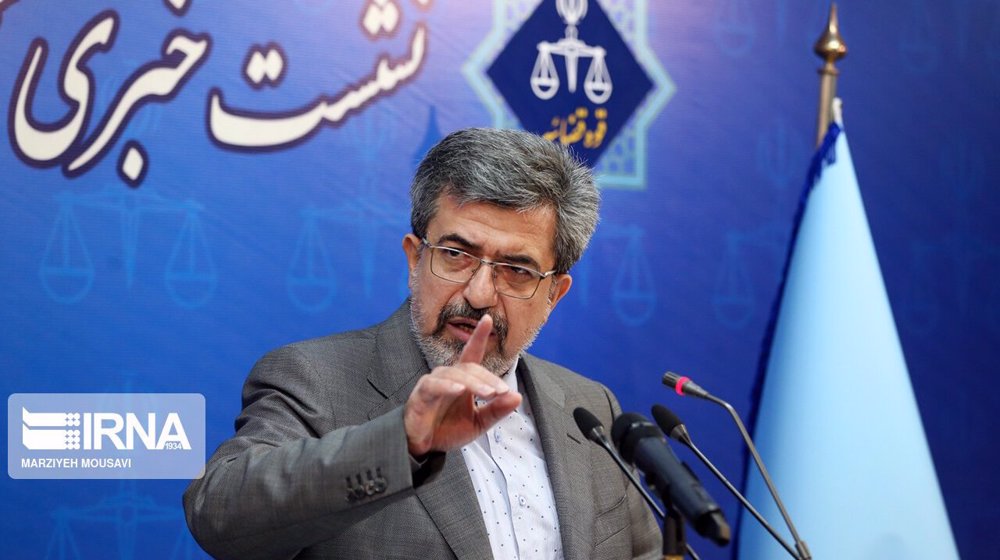
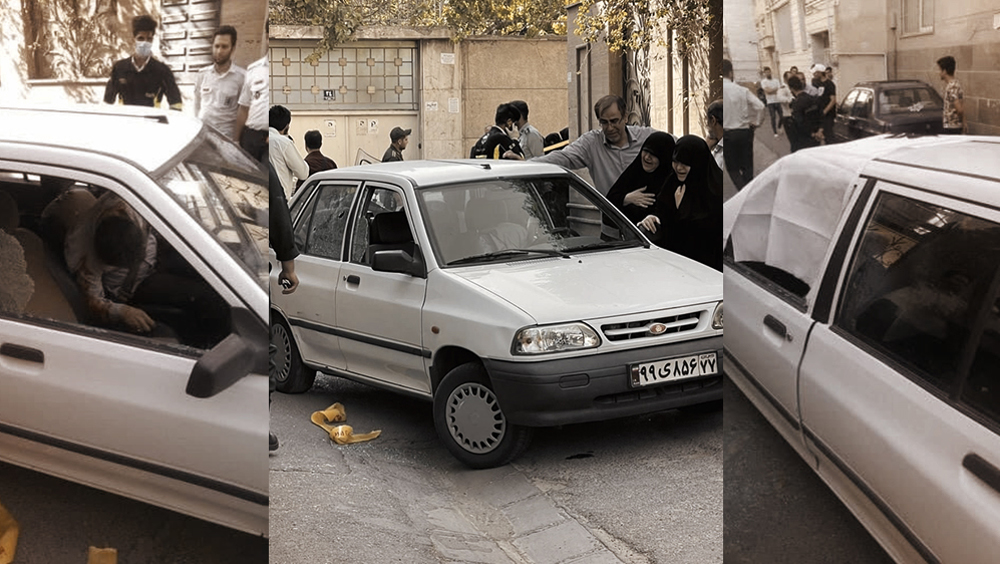
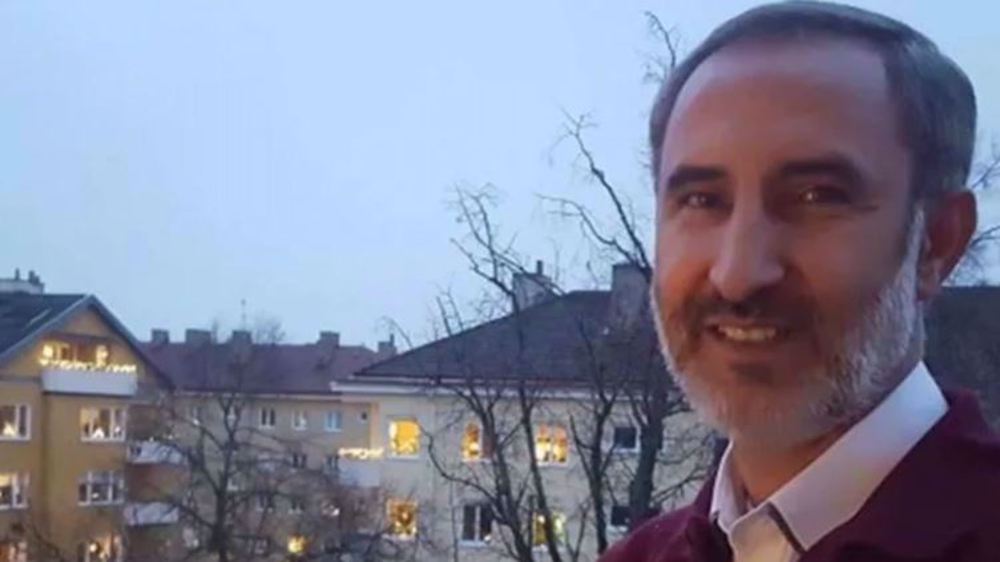
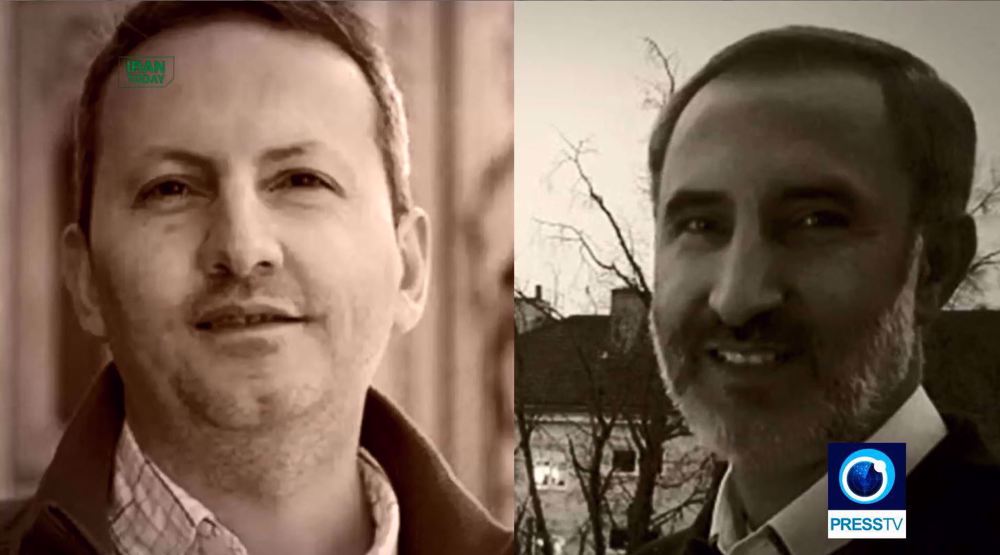
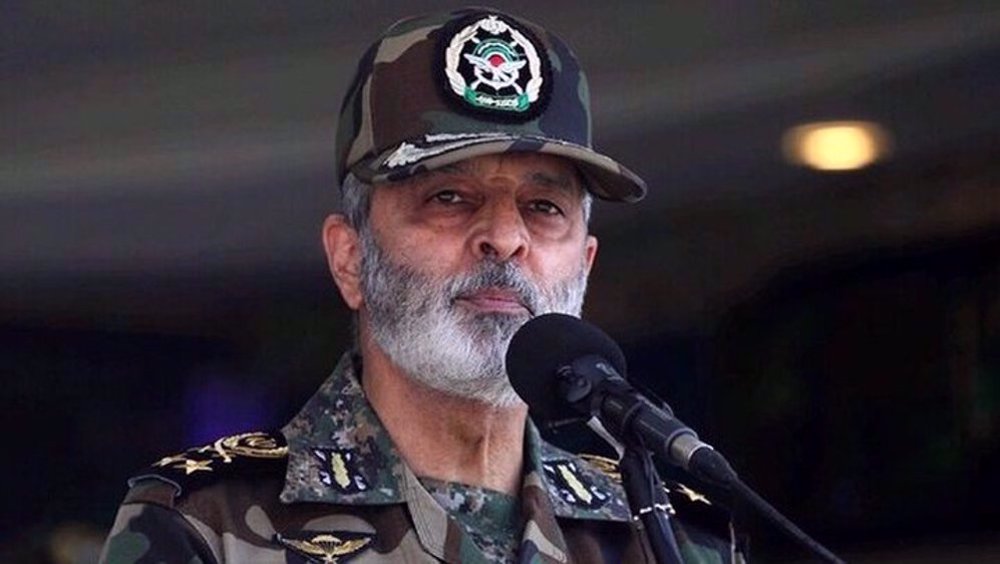

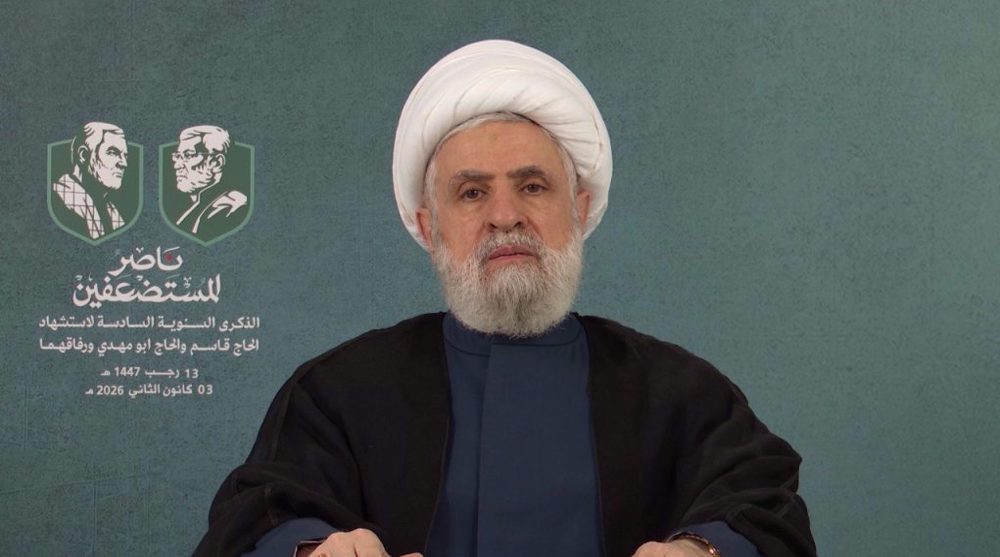



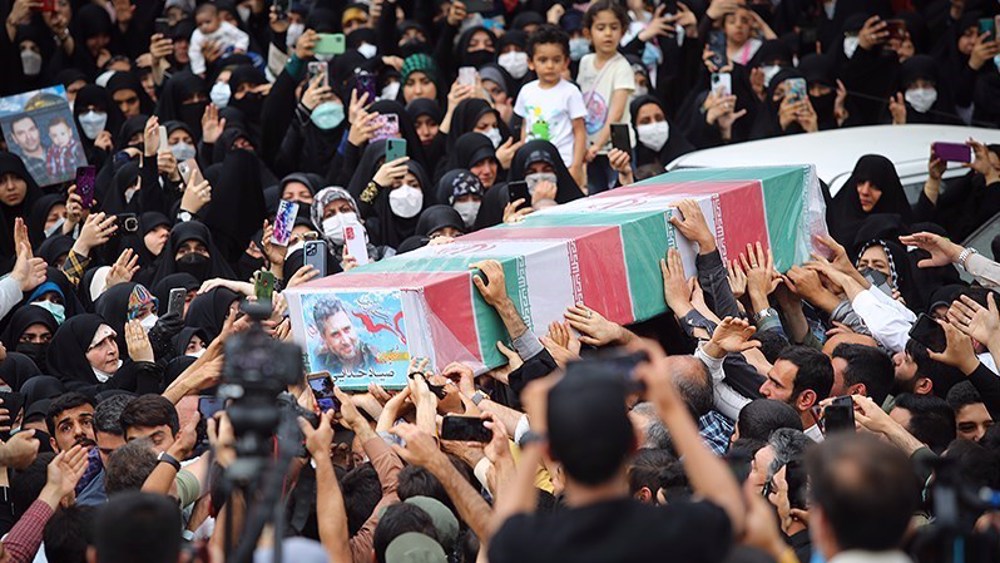
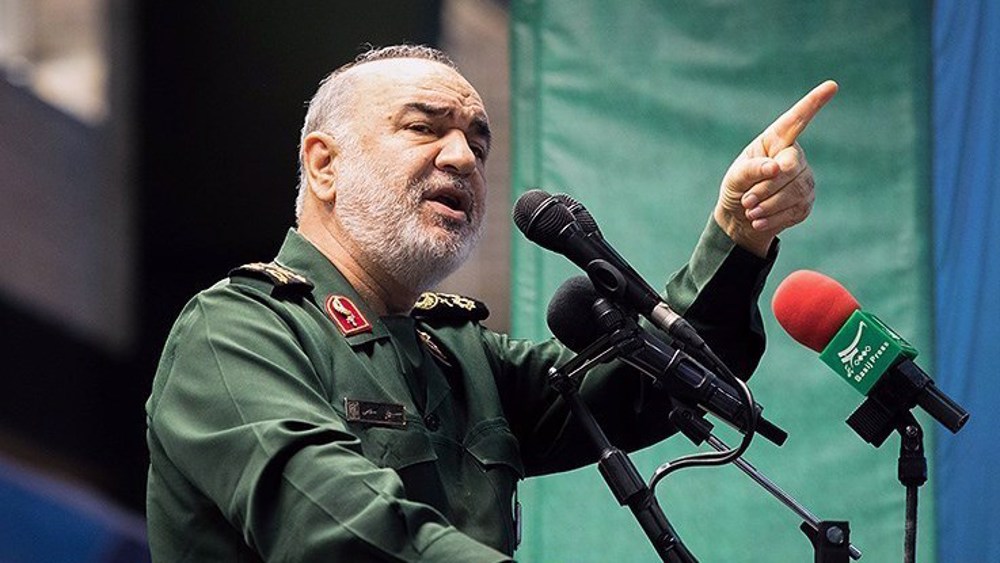
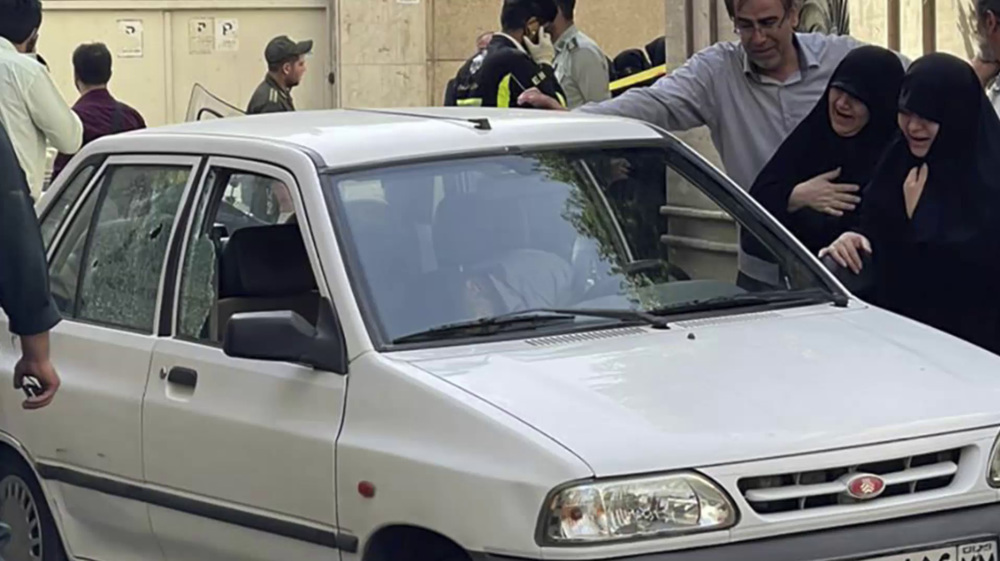
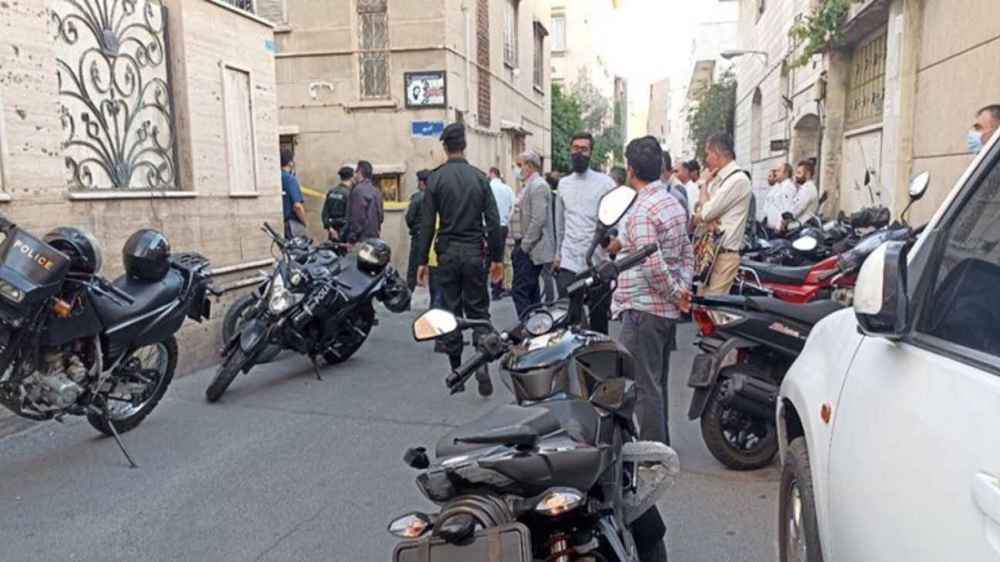
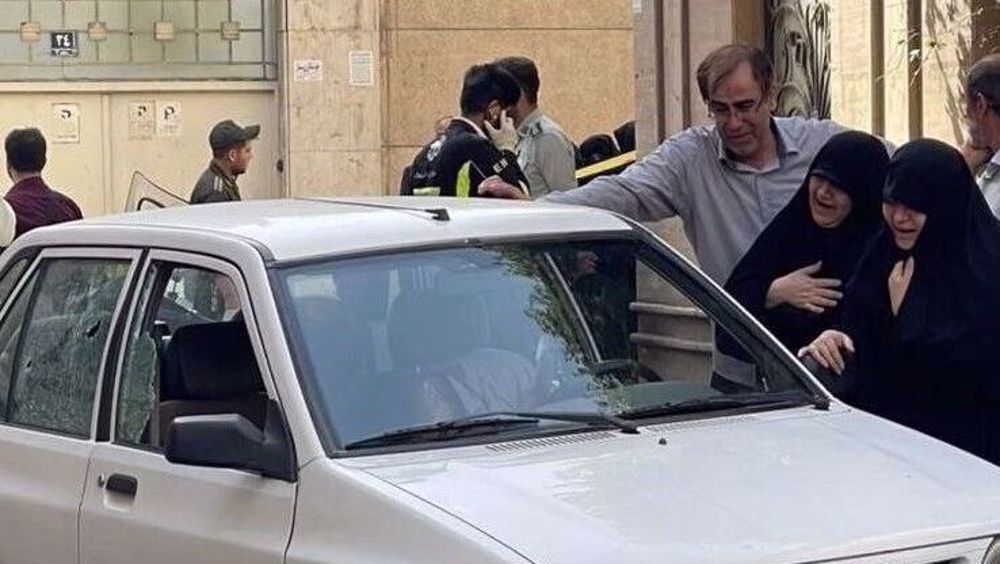
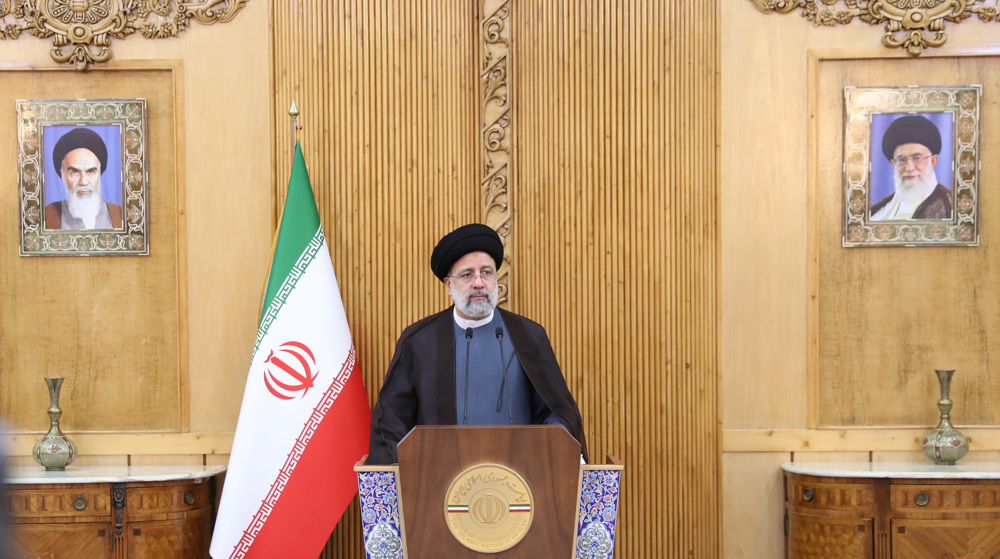

 This makes it easy to access the Press TV website
This makes it easy to access the Press TV website